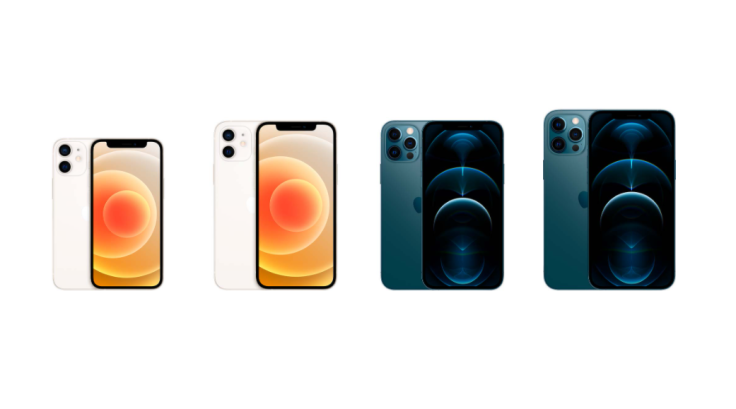Robust iPhone 12 Sales Help Apple Deliver A Record-Setting Quarter
Apple (NASDAQ:AAPL) reported the results for its fiscal first quarter (ended Dec. 26, 2020). To say it was a blowout wouldn't be hyperbole. Revenue grew 21% year over year to a record $111 billion. That growth resulted in earnings per share (EPS) of $1.68, an increase of 35% that also set a new high-water mark.
Analysts' consensus estimates were for revenue of $103 billion and EPS of $1.42.
Record performances by several segments helped fuel the results. Apple reported that the iPhone, wearables, and services segments each delivered record sales.
iPhone sales of nearly $66 billion led to the blockbuster results. That figure was $5 billion more than expected and constituted 59% of Apple's total revenue. Services growth also rose 24% year over year to $15.76 billion, while handily topping expectations of $14.89 billion. The company also generated record cash flow of $38.8 billion.
While Apple generated robust growth across its geographic segments, it was sales in Greater China that stole the show. Revenue in the region soared 57% year over year as Chinese consumers snapped up the new iPhone 12 models, the first to feature next-generation 5G capability.
"Our December quarter business performance was fueled by double-digit growth in each product category, which drove all-time revenue records in each of our geographic segments and an all-time high for our installed base of active devices," said Luca Maestri, Apple's CFO.
On the heels of a bullish call earlier this week, analyst Daniel Ives of Wedbush Securities called the results a "jaw-dropper" and a "kick-start to the 5G super-cycle," exceeding even the most bullish expectations. He went on to say that "[Apple CEO Tim] Cook & Co. have the stage set for a renaissance of growth ... which looks like it should eclipse the previous iPhone record set in [the fiscal year 2015]."

This article originally appeared in the Motley Fool.
Danny Vena owns shares of Apple. The Motley Fool owns shares of and recommends Apple. The Motley Fool has a disclosure policy.





















